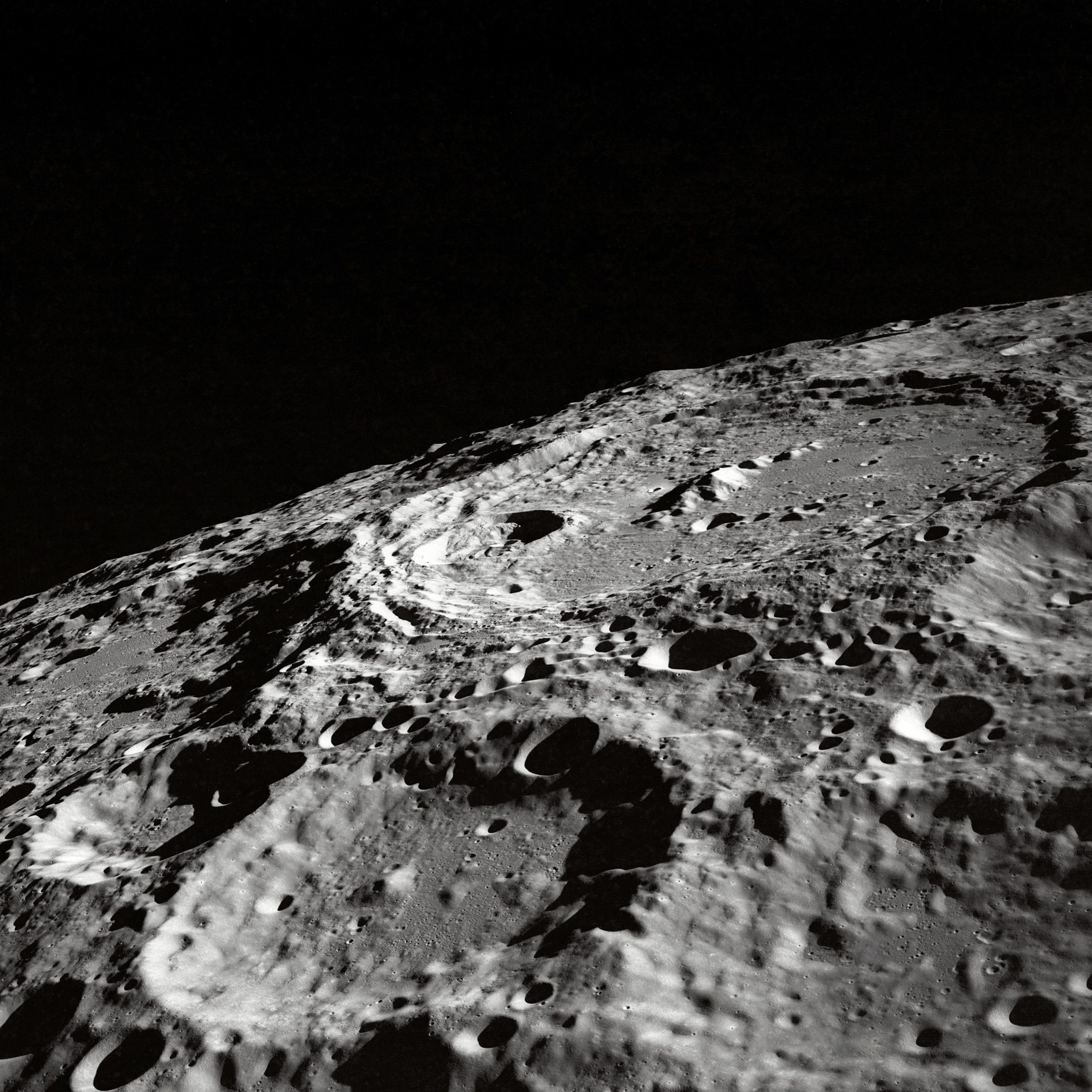The False God of Gnosticism: A Detailed Exploration
Gnosticism, an ancient belief system originating in the 1st and 2nd centuries AD, presents a unique perspective on the nature of divinity and the universe. Derived from the Greek word “gnosis,” meaning “knowledge,” Gnosticism proposes that true spiritual enlightenment can be attained through esoteric insight rather than traditional religious practices. While Gnosticism encompasses a wide range of teachings and sects, one core aspect remains consistent: the concept of a false god.
Origins of Gnosticism
Before delving into the specifics of Gnosticism’s false god, let’s briefly explore the origins of this intriguing belief system. Gnosticism emerged during the early Christian era and drew upon various philosophical, religious, and mythological traditions, including Judaism, Greek philosophy, and even elements of early Christianity itself. Combining these diverse influences, Gnostics sought to create a unique spiritual framework centered around inner knowledge and personal revelation.
The Gnostic Pantheon
Gnosticism recognizes a complex hierarchy of divine beings, often referred to as the Pleroma, existing on different levels of reality. However, within this scheme, there exists a distinct contrast between the true God or ultimate divine entity and a false god responsible for the creation of the material world. This grand cosmic duality lies at the heart of Gnostic teaching and is vital for understanding the concept of a false god.
According to Gnostic cosmology, the supreme divine entity resides in the highest realm of the Pleroma, transcending the material world. This true God, often described as ineffable and beyond human comprehension, emanates multiple divine beings called Aeons, each representing different aspects of the divine essence. These Aeons constitute the fullness of the divine realm.
However, Gnosticism introduces the concept of a dualistic creator god, known as the Demiurge or false god. The Demiurge is portrayed as an inferior deity who mistakenly believes himself to be the ultimate God. It is within the Demiurge’s power that the material universe and all its imperfections come into existence. This flawed creator god is often depicted as an arrogant and misguided being who causes suffering and imposes limitations on the inhabitants of the material world.
The Role of the False God
Gnostics believe that the false god, whether intentionally malevolent or simply misguided, traps divine sparks or fragments of the true God within the material world. These divine sparks, also known as pneuma or “spirit,” are believed to be the essence of the divine essence within each individual. The false god’s creation, the material world, is seen as a prison that hinders spiritual awakening and disconnects individuals from their true nature.
Under the influence of the false god, the material realm is characterized by ignorance, suffering, and restrictions imposed upon spiritual growth. According to Gnostic teachings, the ultimate aim of humanity is to liberate these divine sparks trapped within the material world and return them to their divine origins. This process, known as “gnosis” or spiritual knowledge, enables individuals to transcend the influence of the false god and reconnect with the true God of the Pleroma.
Criticism and Controversy
As with any religious or philosophical belief system, Gnosticism has faced criticism and controversy throughout history. Early Christian authorities, such as Irenaeus and Tertullian, condemned Gnosticism as heresy due to its unorthodox interpretations of divine creation, Jesus, and the nature of God. These Church Fathers argued that the Gnostic rejection of the material world undermined Christian teachings and the doctrine of the Incarnation.
Furthermore, the concept of a false god within Gnosticism has been subject to debate among scholars. Some argue that the Gnostic portrayal of the false god as a malevolent or misguided deity parallels other myths and religious tales featuring flawed creators or trickster gods. Others interpret the false god as a symbol for the limitations and illusory nature of the material world, rather than a distinct divine entity.
Conclusion
Gnosticism’s belief in a false god, whether taken as a literal deity or a metaphorical representation of the flaws within the material world, offers a profound perspective on the nature of divinity and the human condition. Through its teachings on gnosis and the liberation of divine sparks, Gnosticism provides an alternative path to spiritual enlightenment.
While Gnosticism may not align with mainstream religious beliefs or the traditional concept of God, it continues to captivate the minds of scholars, theologians, and individuals seeking profound insights into the mysteries of existence. Whether one agrees with the Gnostic teachings or not, exploring its ideas can broaden our understanding of the diverse range of human spiritual experiences throughout history.
Table of Contents
